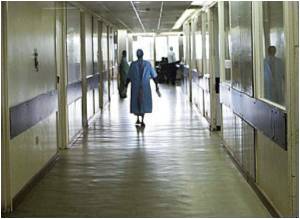Scientists from the Yale University have found a new genetic marker which can predict the risk of developing ovarian cancer.

This variant was also found in 61 percent of ovarian cancer patients with a family history of breast and ovarian cancer, suggesting that it could be a new marker of ovarian cancer risk for these families, according to the researchers.
"For many women out there with a strong family history of ovarian cancer who previously have had no identified genetic cause for their family's disease; this might be it for them," said Joanne B. Weidhaas, associate professor of therapeutic radiology, and co-senior author of the study.
"Our findings support that the KRAS-variant is an new genetic marker of ovarian cancer risk," she added.
To confirm that the KRAS-variant was a genetic marker of ovarian cancer risk, Weidhaas and co-senior author Frank Slack studied women with ovarian cancer who also had evidence of a hereditary breast and ovarian cancer syndrome.
All these women had strong family history of cancer, but only half in their study had known genetic markers of ovarian cancer risk, BRCA1 or BRCA2 mutations.
Because ovarian cancer is difficult to diagnose and thus usually found at advanced stages, finding new markers of increased ovarian cancer risk is critical, note the researchers.
Source-ANI
 MEDINDIA
MEDINDIA



 Email
Email









